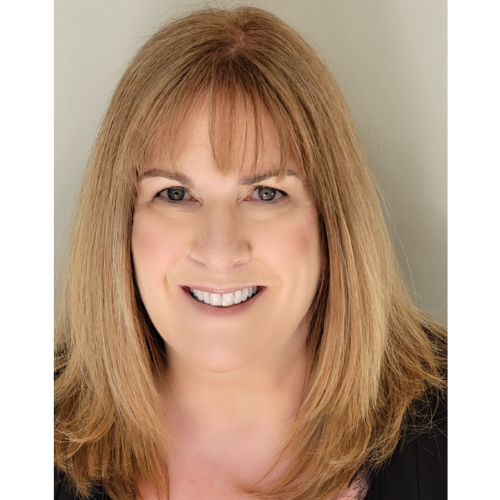
What Do Clients Really Think About Virtual Reviews?
For months (and months and months) we’ve been talking about if or how the client experience will change going forward.
The basic question is this. What will be the same – and what will be different – as a result of the pandemic? It’s a good question.
The challenge in finding the answer is – all too often - staring back at us in the mirror. Let’s face it, we all come wrapped in layers of bias that influence how we see the world. And those biases are actively influencing how you think about this question of if, or how, your client experience should evolve.
So before we talk about how client views are changing, let’s turn inward.
How Cognitive Bias Gets in the Way of the Facts
At Absolute Engagement our job is quite simple – to cut through this very human tendency toward cognitive bias and ensure how you engage with clients reflects what they really need, want and expect. We use direct input from clients to remove assumption from the equation.
As you might imagine, we run face-first into a fair bit of cognitive bias when we share our analysis back with our clients. Among the most common are the following:
- Confirmation bias. If we share two data points – one that conforms to how someone thinks and one that challenges how they think, the former is more likely to be believed or acted on. The danger is that we get very stuck in how we have done things all along.
- Hindsight bias. If we share client feedback it can be interpreted as something “we knew all along”. The danger is that we don’t look deeply enough at input from clients or challenge the extent to which we’re delivering on what they really need.
- Anchoring bias. If we share very positive satisfaction data (as is almost always the case) it may influence everything else and hide the opportunities to improve. The danger is that we don’t see the opportunity to do things differently because clients are satisfied today.
And the Cognitive Bias Winner Is…..
But there is another bias that I believe is truly getting in the way of our ability to think differently about client experience in future and it’s the False Consensus Bias. You can learn more about it here.
This bias causes us to overestimate how much other people agree with us. And we see it all the time. More often than not, it’s reflected in a sentence that starts like this…
“Our clients want…..”
But rarely backed up with a sentence that starts like this…
“We know this because…..”
The danger is clear and I would suggest that right now, the assumption that our clients think the same way as we do may get in the way of evolving the client experience.
A Case in Point: Creating Connection Virtually
One of the most common assumptions I hear relates to our ability – or inability – to connect deeply with clients or prospects when the meeting is virtual. I always felt differently and wondered if that was just the introvert in me. It turns out, clients agree.
We recently conducted our annual investor research, in partnership with the Investments & Wealth Institute. As part of the process, we surveyed 750 high net worth investors in the US, all of whom work with a financial advisor. More data in Canada coming soon and you can access the full US report here.
We asked clients if they thought it was possible to have meaningful conversations with their advisor when meeting virtually. A whopping 76 percent said “yes”.

But here’s the kicker. Nearly three quarters of those clients said the quality of the virtual review was as good or better than an in-person review.

You might be wondering if the age of the client has anything to do with these results. In a word, “yes”. On a relative basis, younger clients are more likely to say the quality of reviews virtually can be just as good or better. The reality is, however, that high percentages of clients across the board believe this is the case.

What Does This Mean?
Sometimes we twist ourselves into knots trying to deliver a client experience that we believe is extraordinary. In this case you may have worried about losing the deep connection you have with some prospects and clients.
But it turns out, you didn’t need to worry. When you show up genuinely and focus on what matters, the form of the meeting matters less.
But that may not be the real danger.
The reality is that you may not feel as comfortable and that’s the basis of the false consensus bias in this situation. You simply transfer that discomfort to your clients.
Acknowledging that critical fact means you can focus on your own comfort level rather than trying to change the form of the meeting. Changing the form of the meeting may be solving the wrong problem.
The antidote to false consensus bias is relatively simple. Kick assumption to the curb. Ask the right questions. Respond.
Thanks for stopping by,
Julie





